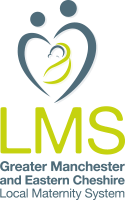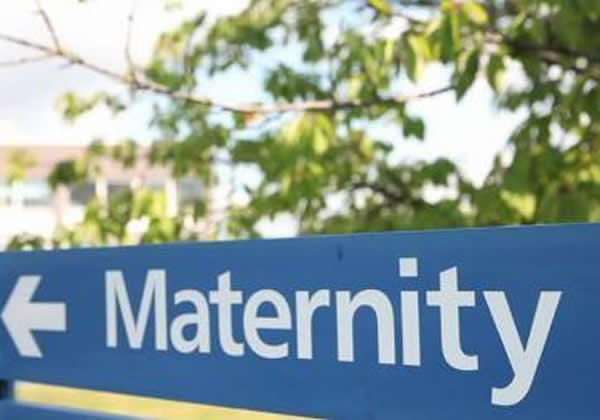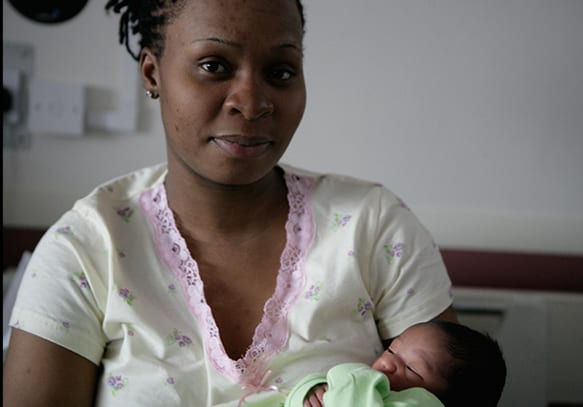What to expect when you are expecting
Congratulations on your pregnancy! Finding out you’re expecting a baby, especially for the first time, can be an exciting but also daunting experience. You probably have lots of questions about who you should contact and what you need to do next.
Maternity Care
The NHS provides maternity care to expectant parents. This means you will be offered appointments with a midwife to support the health and wellbeing of you and your baby during pregnancy and after birth. You also have the option to be cared for during the birth of your baby either at home, in a birth centre separate from a hospital, in a birth centre attached to a hospital or in an obstetric unit. If you or your baby have additional needs then you may be advised to see a doctor who specialises in complex pregnancies (known as an obstetrician) about your care. It is your choice whether to accept or decline any test, vaccine, treatment or appointment that you are offered. You may also choose to pay for private care from other organisations outside of the NHS.
Maternity care is split into 3 separate stages:
Greater Manchester and Eastern Cheshire has 10 different maternity units and you can choose any of them to provide your maternity care.
Antenatal care
Most people choose to have their antenatal care close to where they work or live. Antenatal appointments with midwives are usually held at local GP surgeries, children’s centres or sometimes at home. If you have chosen to see a doctor during pregnancy then these appointments are normally in a hospital’s antenatal clinic. Antenatal ultrasound scans also take place at hospital. Some maternity units provide specialist clinics for women and babies with additional needs. Any questions you may have can be recorded in your personalised care plan which is designed for you to use throughout your pregnancy , birth and postnatal care. Your midwife will give this to you during your booking appointment.
Care during birth
The care you receive during birth will be different dependent upon where you chose to give birth. Choosing where to have your baby is an important decision that you should consider carefully.
However regardless of where you choose, you should expect to receive 1:1 care in labour, an environment that is supportive of your choices and to be listened to.
Postnatal care
Postnatal care is usually delivered by the community midwife team closest to your home. A midwife may visit you at home or you may be invited to a postnatal clinic at the local GP surgery or children’s centre. You should also have the opportunity to see a health visitor who will support you and your family once you are discharged from midwifery care, usually around 10 days after a straight forward birth. If you or your baby need additional care in hospital this is normally provided by the maternity unit you gave birth in.
Choosing your care provider(s)
You don’t need to make all these decisions now. The first thing to decide is who you would like to provide your antenatal care so you can get in touch and arrange your first “booking appointment” with a midwife.






